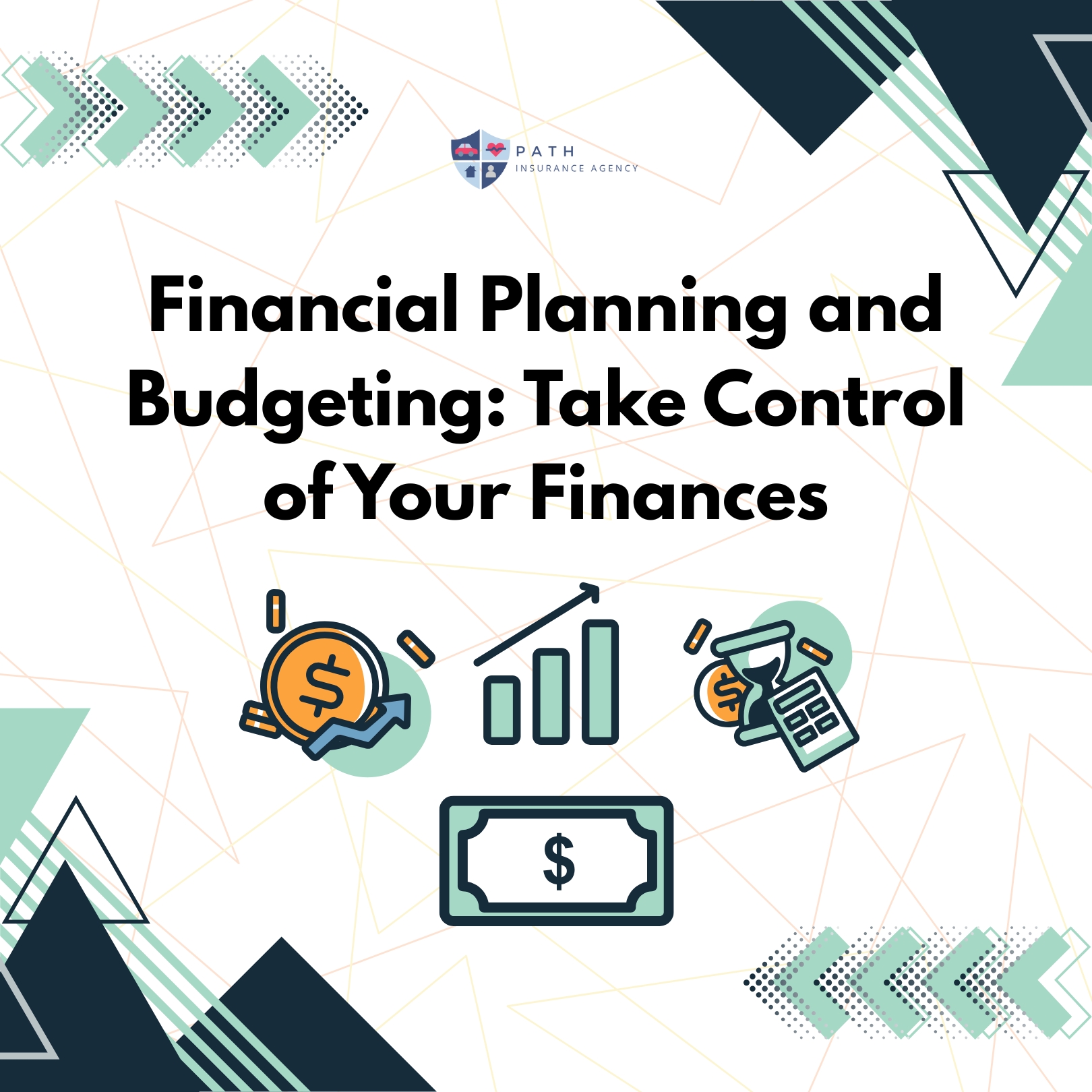Introduction
Financial wellness is an important aspect of our lives. It refers to the state of being in control of your finances and being secured. It’s never too late nor early to start learning about how to be financially responsible. Whether you’re just starting to learn about money or looking to improve your financial situation, these 10 tips will help you achieve financial wellness.
1. Understand the Importance of Financial Wellness
Financial wellness means having control over your finances and making informed decisions about money. It’s crucial to understand why it’s essential to manage your money well and plan for the future.
2. Create a Budget
A budget is a plan that helps you track your income and expenses. By creating a budget, you can see where your money is going and make sure you’re not spending more than you earn. Creating a budget is the foundation of financial wellness. By tracking your income and expenses, you can establish spending limits and prioritize your financial goals. Maximize your budget by identifying areas where you can cut back and save.
3. Save Money
Saving money is an essential part of financial wellness. Start by setting small goals and keeping a portion of your allowance or any money you receive as a gift. Over time, your savings will grow, and you’ll have money for emergencies or future expenses. Increasing your income can accelerate your journey towards financial wellness. Look for opportunities to enhance your skills, take on additional work, or negotiate a raise. Maximize your income by exploring side hustles or freelance work.
4. Learn About Banking
Understanding how banks work is crucial for financial wellness. Learn about different types of bank accounts, such as savings accounts and checking accounts. Explore how to deposit and withdraw money and how to use an ATM.
5. Understand Debt and Credit
Debt and credit are essential concepts to grasp for financial wellness. Learn about the difference between good debt (like student loans) and bad debt (like credit card debt). Understand how credit works and the importance of managing it responsibly.

6. Practice Smart Shopping
Smart shopping means making wise choices when spending your money. Compare prices, look for sales or discounts, and avoid impulse buying. By being a smart shopper, you can save money and make better financial decisions. Awareness is key to managing your finances effectively. Keep track of your expenses by analyzing where your money is going. Maximize your spending awareness by using budgeting apps or tools to monitor your transactions.
7. Set Financial Goals
Setting financial goals gives you something to work towards. Maybe you want to save a certain amount of money, buy something special, or start investing. Whatever your goals are, write them down and create a plan to achieve them. Having clear financial goals helps you stay focused and motivated. Whether it’s saving for a house, college education, or retirement, set specific and realistic goals. Maximize your goal-setting by breaking them down into smaller milestones.
8. Understand Financial Insurance
Financial insurance provides protection and peace of mind. Learn about different types of insurance, such as health insurance, car insurance, and home insurance. Understand how insurance works and why it’s important to have coverage.
9. Seek Financial Education
Financial literacy is crucial for long-term financial wellness. Take the time to learn about personal finance topics, such as investing, budgeting, and managing credit. Maximize your knowledge by reading books, attending workshops, or exploring online resources. To become financially literate, seek out learning opportunities.
10. Ask for Help
When in doubt, seek guidance from financial professionals. They can provide personalized advice based on your unique situation. Maximize your financial expertise by consulting with a financial planner or advisor.
Conclusion
Achieving financial wellness is a lifelong journey, and it’s never too late nor early to start building healthy financial habits. By following these ten tips and continuing to learn about personal finance, you’ll be on your way to a secure financial future. Remember, small steps now can lead to significant financial success later in life. Contact Path Financial and Insurance today and let us guide you to your financial success!
Sources:



